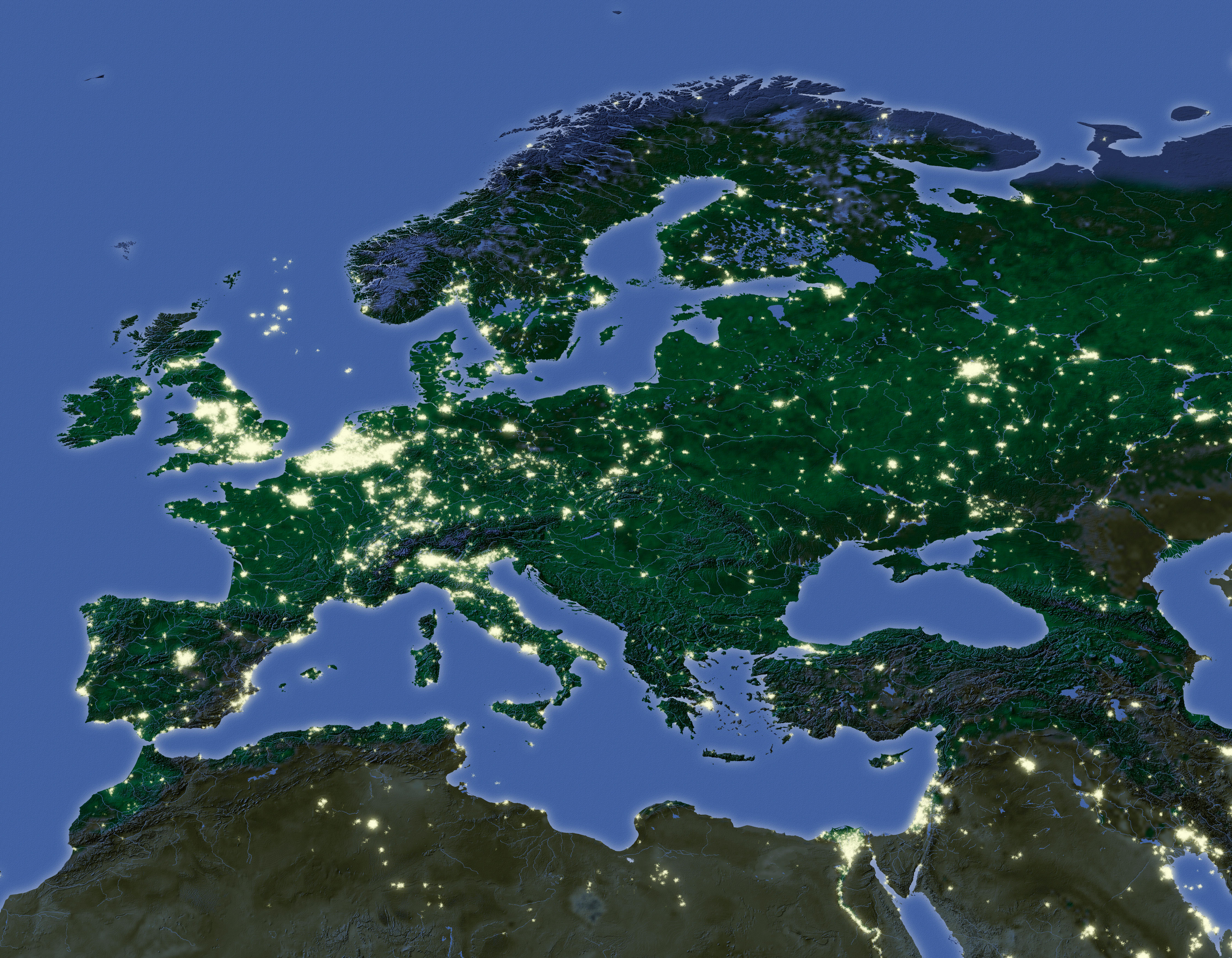Why Europe failed to match America's tech boom
America crushes Europe in creating tech giants. Here's why.


A free daily email with the biggest news stories of the day – and the best features from TheWeek.com
You are now subscribed
Your newsletter sign-up was successful
If elected president, Donald Trump has promised to get medieval with America's foes and show some tough love to our supposedly freeloading frenemies. So how would a President Trump have handled the European Union's demand that Apple pay Ireland some $14.5 billion (plus interest!), ruling the company had received illegal state aid?
You'd think Trump's reaction would be fierce, especially since the Apple spat is only the latest conflict between European officials and America's technology giants. Amazon, Google, Facebook, and Microsoft have all entered the EU's crosshairs on issues such as tax, privacy, regulation, and anti-trust.
Now, we don't know exactly what Trump would do. But we do know at least one thing he wouldn't do: Launch retaliatory tax claims or tariffs against Europe's tech behemoths. Why not? Simple: There just isn't a bevy of European tech giants to go after.
The Week
Escape your echo chamber. Get the facts behind the news, plus analysis from multiple perspectives.

Sign up for The Week's Free Newsletters
From our morning news briefing to a weekly Good News Newsletter, get the best of The Week delivered directly to your inbox.
From our morning news briefing to a weekly Good News Newsletter, get the best of The Week delivered directly to your inbox.
Forbes annually ranks the world's largest companies based on revenue, profit, assets, and market value. In its 2016 compilation, seven of the top 10 tech companies in the world were American. Europe has just just three companies in the top 20: Germany's SAP, Sweden's Ericsson, and Finland's Nokia. And there's a simply massive size difference between America's top tech firms and Europe's. For instance: Apple, Google, Microsoft, Facebook, and Amazon each have a market cap of over $350 billion each. Europe's tech trio: about $50 billion a pop.
There's a similarly huge disparity when it comes to fast-growing tech startups with high valuations. A 2015 study from a U.K. investment bank found that the cumulative value of all European unicorns (a startup valued at $1 billion or more) created since 2000 was around $120 billion. By comparison, Facebook has a market capitalization near $400 billion, while Uber and Airbnb, still private, are valued at $60 billion and $30 billion, respectively. America's startup success can also been seen in its ability to create many, many more entrepreneur billionaires than any other large, rich economy.
Rather than attacking American tech, maybe Europe should focus more on understanding its secrets of success, as well as its own failures. Venture capitalist Michael Mortiz of Sequoia Capital likely spoke for many in Silicon Valley when he wrote in a recent op-ed:
Over the past five years, the eight most valuable technology companies developed in Europe have assembled a combined market value of around $32 billion. That's not a figure to be sneezed at any more than the admirable young European technology entrepreneurs who, despite all odds, are more inclined to take a risk than members of their parents' generation. But EU legislators should be wondering why Europe's eight most valuable companies are only worth about 10 percent of Facebook or 6 percent of Google. [Financial Times]
Europe is wealthy and well educated, certainly more so than China, which has the same number of tech firms on the Forbes list. So what's its problem? There are a few obvious answers: lack of access to venture capital, inflexible labor markets, and a heterogeneous home market of distinct language, cultures, and regulations.
A free daily email with the biggest news stories of the day – and the best features from TheWeek.com
One French tech entrepreneur has described America's edge this way: "The confluence of a large pool of capital, world-class talent, vibrant support infrastructure, and a risk-loving culture has bred a self-fulfilling cycle of innovation and entrepreneurship."
Don't skip over that bit about culture. A European Commission study found Europeans more skeptical of entrepreneurship than Americans, and possessing a higher level of uncertainty avoidance. The churn of American society — companies starting and dying, workers switching firms — is also key to America's innovative capacity. In a new analysis, San Francisco Federal Reserve economist John Fernald notes that America's "economic fluidity and dynamism" helps spread ideas throughout the private sector. It's why Europe invested a lot in computers in the 1990s but never got a tech boom that boosted productivity, Fernald explains.
That's the real challenge for the next American president: Making sure policy is supportive of an ecology — taxes, trade, regulation, intellectual property — that promotes dynamism and churn. It must guarantee the U.S economy remains open to competition, whether from within or from abroad. That's a big part of what this election should be about.
James Pethokoukis is the DeWitt Wallace Fellow at the American Enterprise Institute where he runs the AEIdeas blog. He has also written for The New York Times, National Review, Commentary, The Weekly Standard, and other places.
